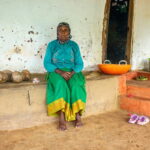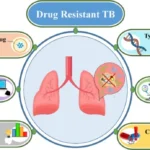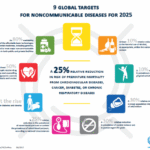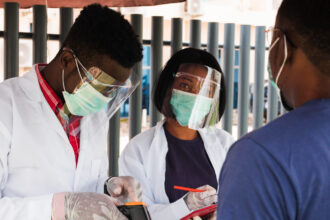Noncommunicable diseases (NCDs) are not only a major global health challenge but also a significant driver of health inequities. The burden of these chronic conditions – including heart disease, stroke, cancer, diabetes, and chronic respiratory diseases – disproportionately affects vulnerable populations, exacerbating existing social and economic disparities. Understanding the intricate ways in which NCDs and health inequities are intertwined is crucial for developing effective and equitable prevention and control strategies.
Socioeconomic factors play a significant role in shaping an individual’s risk of developing an NCD. People living in poverty, with lower levels of education, and in marginalized communities often face greater exposure to NCD risk factors. For example, they may have limited access to affordable and nutritious food, live in areas with higher levels of air pollution, and have fewer opportunities for safe and accessible physical activity. The aggressive marketing of unhealthy products, such as tobacco and processed foods, often targets these vulnerable populations, further contributing to their increased risk.
Furthermore, access to healthcare services for NCD prevention, early detection, and management is often inequitable. Individuals in lower socioeconomic groups may face barriers such as financial constraints, lack of health insurance, geographical distance to healthcare facilities, and cultural or linguistic barriers. This can lead to delayed diagnosis, inadequate treatment, and poorer health outcomes. The consequences of NCDs, such as disability and premature death, can also further entrench poverty and widen existing inequalities.
The impact of NCDs on women is particularly concerning. In many societies, women face additional barriers to accessing healthcare and may have a higher burden of caregiving responsibilities, which can limit their ability to prioritize their own health. Certain NCDs, such as cervical and breast cancer, disproportionately affect women and can have devastating social and economic consequences for them and their families.
The intersection of NCDs and infectious diseases also contributes to health inequities. Individuals with underlying NCDs may be at higher risk of developing severe complications from infectious diseases, as seen during the COVID-19 pandemic. This highlights the need for integrated approaches that address both communicable and noncommunicable diseases, particularly in resource-limited settings.
Addressing the inequitable burden of NCDs requires a multifaceted approach that tackles the social determinants of health. This includes policies that promote healthy environments, such as ensuring access to affordable and nutritious food, clean air and water, and safe spaces for physical activity. Investing in education and economic empowerment can also improve health literacy and reduce vulnerability to NCD risk factors.
Strengthening healthcare systems to provide equitable access to NCD prevention, early detection, and management services is crucial. This includes ensuring universal health coverage, addressing financial barriers to care, and training healthcare professionals to provide culturally competent and patient-centered care. Targeted interventions that address the specific needs of vulnerable populations are also essential.
Public health policies must be designed with equity in mind. This includes considering the potential impact of policies on different socioeconomic groups and implementing measures to mitigate any unintended negative consequences. For example, while taxation on unhealthy products can be an effective prevention strategy, it is important to consider the potential impact on low-income households and implement measures to ensure affordability of healthy alternatives.
Addressing the intertwined threat of NCDs and health inequities requires a commitment to social justice and health equity. By tackling the root causes of these disparities and implementing evidence-based interventions that prioritize the needs of vulnerable populations, we can work towards a healthier and more equitable future for all.
















